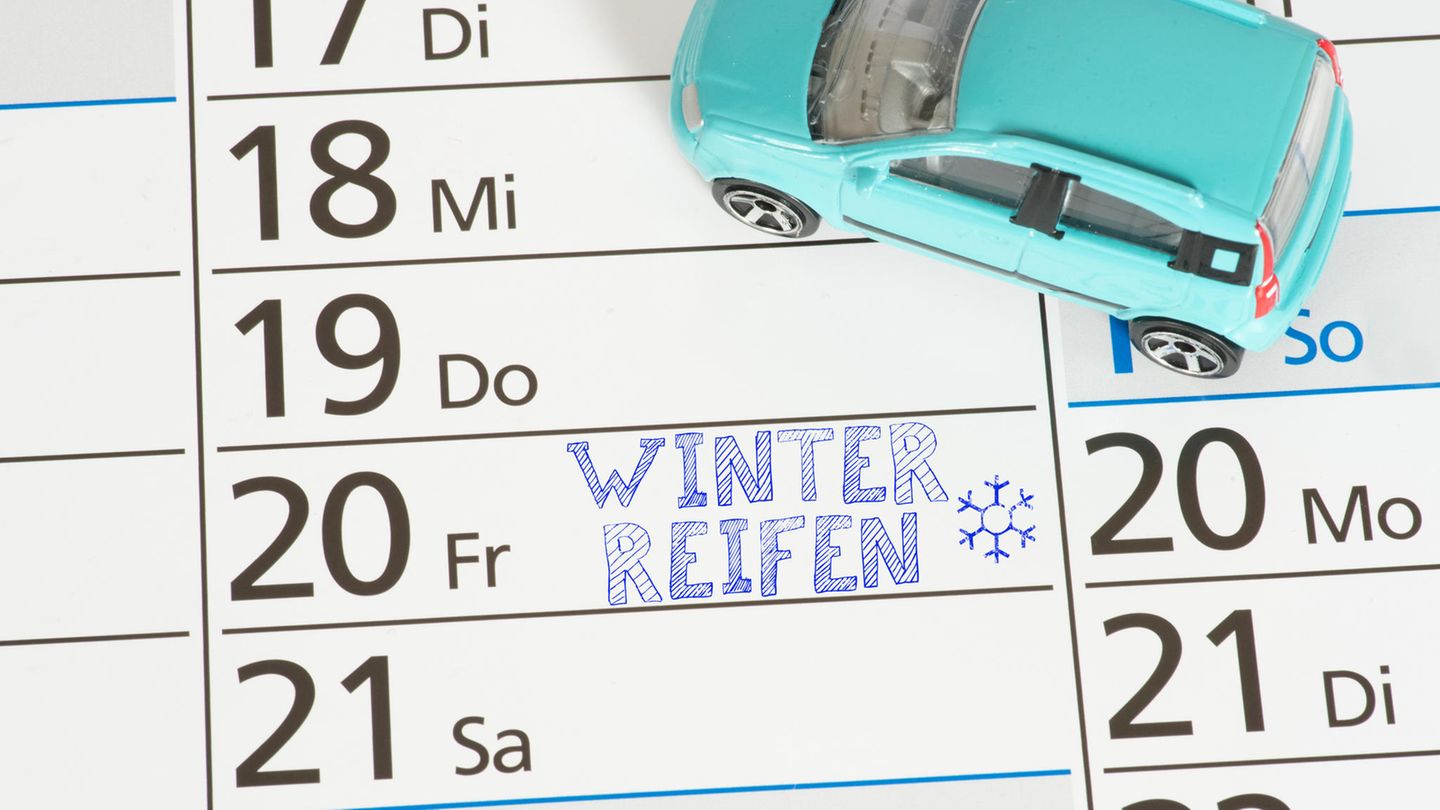“It all started ten years ago with the pain of my divorce and my broken heart,” says Finnish doctor Emilia Vuorisalmi. During this time she felt very ill, although she ate healthily and exercised. “I had terrible back pain, concentration and sleep problems, and panic attacks that affected my work,” says the doctor. In order to find happiness again despite her lost love, Vuorisalmi began developing recipes that boosted the production of feel-good hormones such as serotonin, oxytocin and dopamine. “And I actually managed to be calm, energetic and motivated again.” Here are some doctor’s tricks:
dopamine
“This hormone is key to the ability to be interested in new things, to concentrate, to learn, and to want to fulfill dreams,” says Vuorisalmi.
Set small goals: It’s like a refreshing shot of dopamine when you set yourself manageable goals. The doctor suggests writing a list of upcoming work. Once these are done, you can cross them out.
Singing and dancing: You can get a quick dopamine boost by dancing to your favorite song. “When you hear a familiar song, your brain expects the chorus and feels rewarded when it actually comes,” explains Vourisalmi. If you dance to it, you feel instantly cheered up.
stop time: Walk to and from work and try to walk a little faster every day. If it succeeds, the dopamine bubbles.
Set deadline: “Try to vacuum the entire apartment particularly quickly – in five to ten minutes,” advises the doctor. Dopamine is released as a reward.
Schedule breaks: If you have trouble getting started when working or studying, it helps if you plan breaks in advance where you reward yourself with a cup of coffee or a short walk.
praise yourself: When you have completed a task that you have set yourself, you should pat yourself on the back and reward yourself with loud praise.
serotonin
Serotonin is the happiness hormone. Serotonin determines whether we feel comfortable with and trust others. “We also need it to make decisions in favor of our health,” says the doctor. She lists the following tricks:
Little naps in between are good. Ten to 20 minutes is the optimal length.
call friend: If you’re feeling stressed, talking to someone you trust can help. It raises serotonin levels in no time.
Go out: A stay in nature or a walk in the forest reduces stress and strengthens the immune system. “Walking in the forest or park for two hours a week has a positive effect on mood,” says Vuorisalmi. If you go barefoot, you benefit even more. You should plan these little excursions as often as possible – even or especially when you don’t feel like it at all.
Write down: Make a list of five to ten things that you know are good for you. Put them into action when you feel your batteries are draining. Make a second list of good qualities and things you are good at. That also puts you in a good mood.
Help others: “It has been proven that helping other people with small movements is also good for the helper,” says the doctor.
oxytocin
“The love hormone oxytocin strengthens bonds with other people, promotes trust and reduces fear,” explains Vuorisalmi. It is indispensable in partnership and during sex, but it also plays a central role in childbirth and breastfeeding. “Thanks to oxytocin, we can empathize with the emotions of others,” says the Finn.
Stroke and hug: “According to the latest scientific findings, the stress-reducing and health-promoting effects of oxytocin are particularly strong when stimulated by gentle stimulation of the skin,” says Vuorisalmi. With a hug you can get a quick boost of oxytocin at any time.
The importance of touch is also shown by the fact that it is essential for babies to survive. But according to Vuorisalmi, the need for closeness and touch does not end with childhood, it is important for our well-being throughout life. “Therefore, you should never skimp on hugs and cuddles,” advises the doctor.
Book tip: Super feelings/The best tips and tools to trigger the happiness hormones in you”, Emilia Vuorisalmi, Verlag Lübbe life, 18.95 euros
Source: Nachrichten




